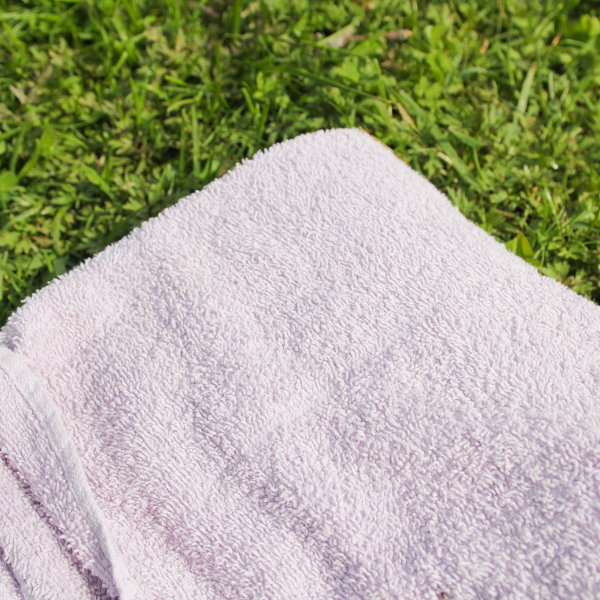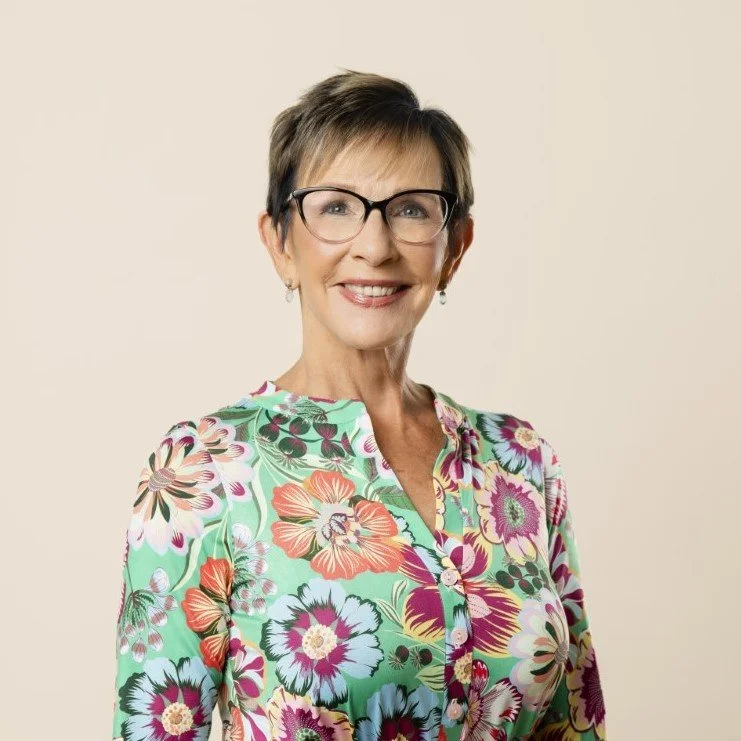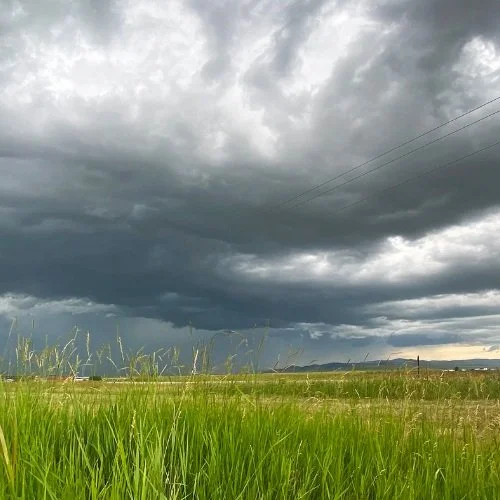Marcia's Musings: The Curious Case of Mrs. DeBoer
/By Marcia Appel — Last Updated: September 16, 2024
Two farms away from mine when I was a small girl lived an old couple, John and Anna DeBoer. Like my Dutch-speaking four grandparents, they had crossed the sea from the Netherlands to become farmers in my northwest corner of Iowa. Farming gave the easiest access to work there, and some people knew their language. I loved Anna -always called Mrs. DeBoer by us kids - with all my heart. She taught me amazing things, and when she died, she left me her cherished cuckoo clock.
On summer days I would peddle to the picturesque DeBoer farm; my mother would arrive later by car for tea and lemonade on the porch. Sometimes we gazed at the white shirts and sheets lying on the thick lawn, brightening in the strong sun on windless days. Anna explained that the combination of sun and the chlorophyll of the grass ensured that white fabrics would stay blindingly so.
Towels drying on the grass
John and Anna raised three independent children – Joe, Harm, and Fenna – who in one way or another experienced many parts of the world, either through military careers or international teaching posts. When they visited, their parents would spend days cleaning the center aisle of the granary and set up a big screen with rows and rows of chairs. Neighbors flocked to these evening events to watch slide-show presentations about faraway countries and societies, expanding our horizons in the presence of friends. I remember them still and know deep in my heart that they broadened my worldview, as they did those of many others. I also became aware of whispers from some townspeople about the oddities – the “strangeness” – of the DeBoers. Were they only whispers?
I now witness with horror the vile rumors and theories disparaging Haitian immigrants in Ohio, causing little children to be unsafe in their schools and their parents to be sick with fear even though city officials vehemently defend them. Now I wonder if Anna DeBoer would have been vilified for some of her ways, or my grandparents for that matter. I flinch at the unkindness and scapegoating and barely recognize the culture in which I live.
The seething resentment against immigrants – even as they perform jobs no others wish to do – rolls and roils across our country, separating us and turning us against each other. The true teachings of yoga, the Buddha, and Jesus fly out the window and with them go reason, compassion, kindness, and love.
“Fueled by fear, mired in misunderstanding, and hardened by goading from manipulative leaders who know (or should know) better, the concept of ‘the other’ spreads its shadow.”
The fact that bias and prejudice and their cousins – scapegoating and name-calling – reach back through the sands of time is not a defense. We know better now. Ancient texts and philosophies from the Bhagavad Gita to the Buddhist Sutas to the yoga Sutras to the Bible warn of the dangers of seeing separation where there is none. For a moment, though, forget those texts and just feel.
What would we feel like if we were accused of stealing pets and eating them? Of stealing work that others reject? If our children were threatened with school bombs simply for being who they are? Recently, a close family member – a mother of two – asked me this: What is it going to take for our children, all our children, to be safe and to be loved? I know she’s correct: What is it going to take?
When we start to see “the other”, sit in fear, hide in darkness, and forget that we all bleed red, we all lose.
Anna DeBoer dried her white sheets on the lawn; she and her husband, John, hosted travelogues in their granary, yes. My Grandmother Zoet planted certain garden seeds in moonlight, and my Grandmother Appel urged all women to make sure they had their own money at a time when that just wasn’t said. Were they “the others”, too?
I wonder.
























